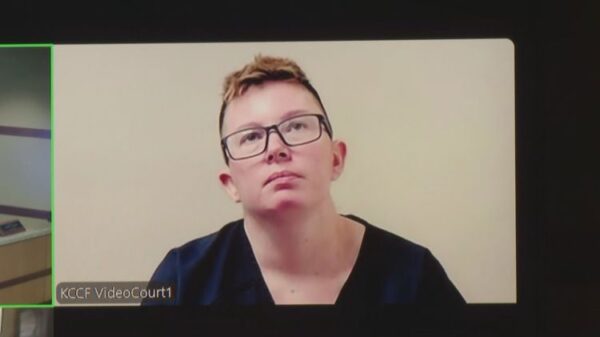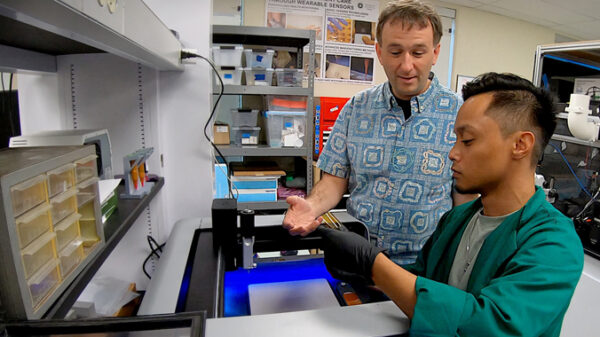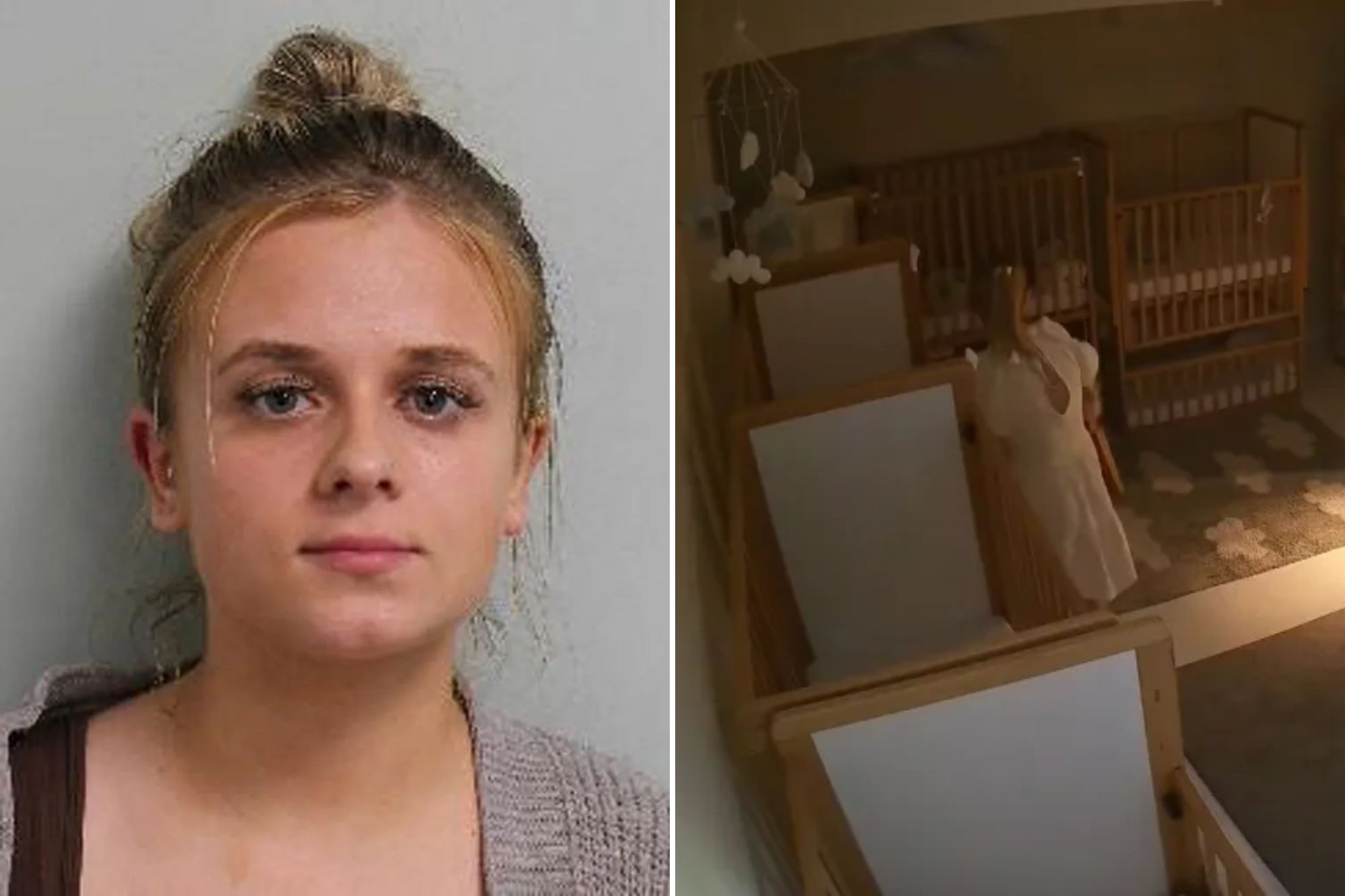A former childcare worker, Roksana Lecka, has been sentenced to eight years in prison after being found guilty of abusing 21 children in her care. The 22-year-old was employed at two nurseries in Twickenham, London, where she subjected infants to physical harm, including kicking, punching, and pinching. Her actions came to light in June 2024, following reports from parents about unusual injuries on their children.
Investigations began when several parents reported concerning incidents between March and May of the same year. Parents expressed their alarm after noticing unexplained bruises and markings on their children. Authorities reviewed CCTV footage, which revealed disturbing images of Lecka assaulting children aged between 18 months and two years old.
Details of the Abuse Uncovered
The footage captured Lecka engaging in multiple acts of cruelty, such as pinching children beneath their clothing and even covering a toddler’s mouth when he began to cry. Most of the reported incidents occurred at Riverside Nursery, where she worked. Judge Sarah Plaschkes KC described her actions as “gratuitous violence,” detailing how Lecka inflicted pain while ensuring that her colleagues were not observing her behavior.
Lecka initially denied the allegations but later pleaded guilty to seven counts of cruelty towards children under the age of 16. She was convicted of an additional 14 charges. During the court proceedings, she attributed her behavior to cannabis use, claiming it affected her memory. “I cannot remember the things I was doing because I was smoking cannabis that was affecting my memory,” Lecka stated.
Parental Outrage and Legal Consequences
The case has prompted significant outrage among parents, many of whom expressed deep guilt over leaving their children in Lecka’s care. One parent described the children as “totally helpless” and accused Lecka of preying on their vulnerability. Another parent labeled her as “the worst kind of human.”
Jemma Till, a lawyer from Irwin Mitchell representing the affected families, criticized Lecka for abusing her position of trust. She also raised concerns about how such abuse could go unnoticed for an extended period, highlighting potential failures in the oversight of childcare practices.
The case serves as a sobering reminder of the vulnerabilities that children face in care settings and the critical importance of vigilant oversight in childcare facilities. As Lecka begins her prison sentence, discussions around the need for stricter regulations and monitoring in nurseries are likely to intensify.





































































